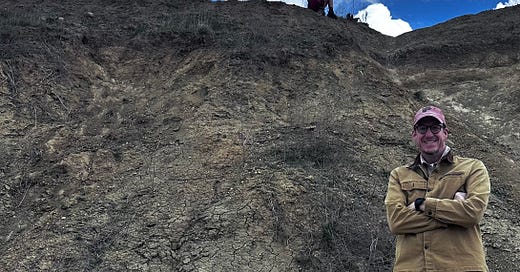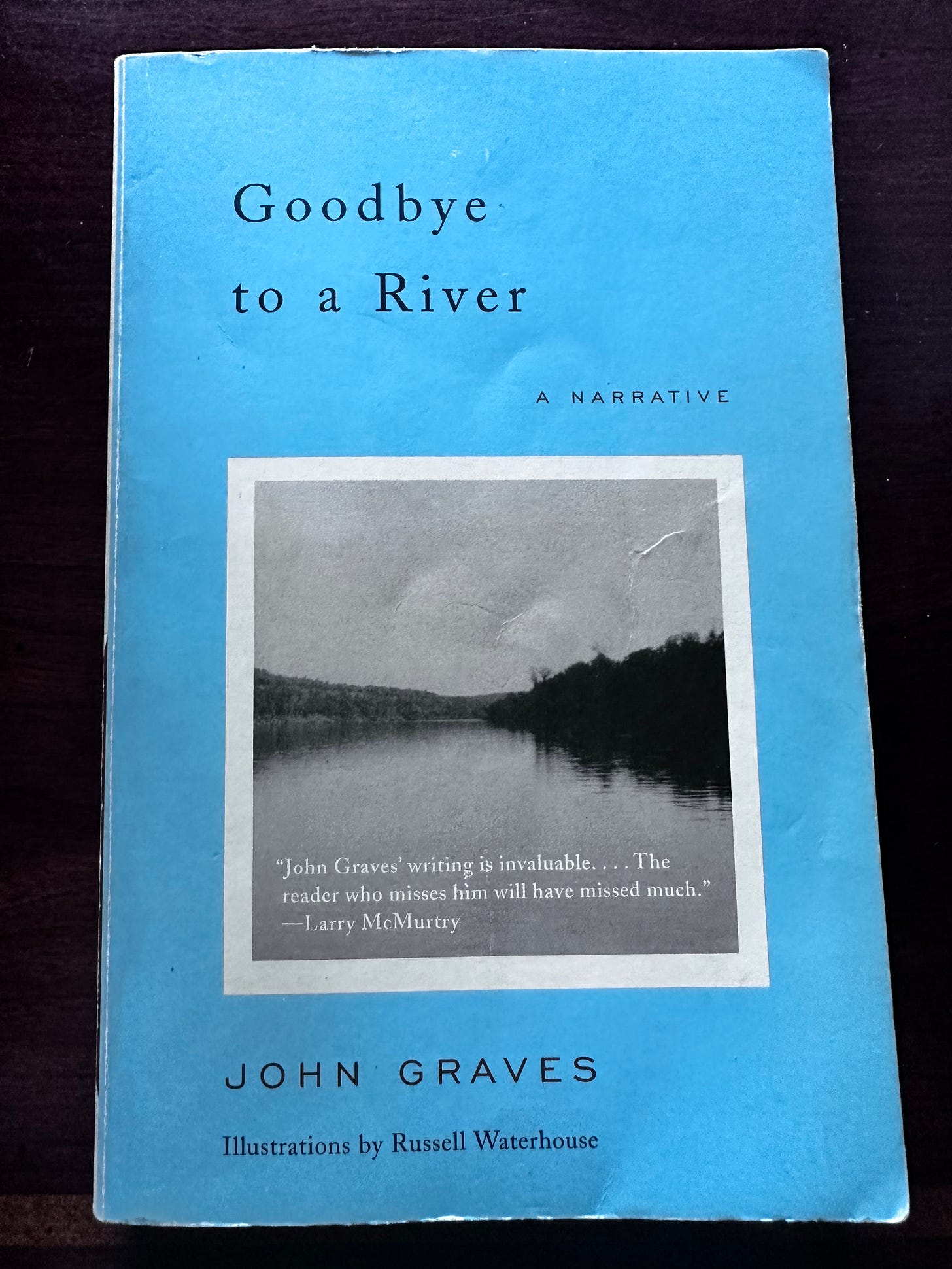On Stories
My son and daughter ask me to tell them stories at bedtime. Remembering those old stories is partly what inspires me to write them down here. I’ve found that it’s been therapeutic, like when grief counselors or psychologists like Jordan Peterson say that it’s cathartic to write down any old memories that may still cause pain or as a way to map your life.
It helps to clarify your thoughts and experiences. You have to choose particular words, and tell the story in a particular context and sequence. It takes the more ephemeral and abstract aspects of memory and requires you to articulate them into ways that others can understand, which isn’t always easy given that nostalgia itself is hard to describe. It hard to describe feelings for me in general. I don’t really care to invoke emotional valence with others, as I don’t really like it when other’s writings are overly emotional and seem calculated to elicit an emotional response when the story doesn’t necessarily or naturally warrant it. Crying is not a viable cover for the lack of content.
I used to go to a church called The Village in Fort Worth, and there was a guy who would lead the worship service that would cry every Sunday when he would sing.
This I thought was a farce and seemed to me to be designed to compel a “meaningful” worship experience (the more crying the more meaningful it was); though it just struck me as emotional manipulation. If a guy gets choked up once in a while that’s one thing, but the fact that it was every Sunday, and combined with the cheesy lyrics of modern praise and worship music was just too much for me.
Anything that hints of emotional manipulation bothers me, no matter where I encounter it or for what purpose.
If the story within a book or movie warrants an emotional response on its own merits that’s fine, and I’m pretty quick to be empathetic if it’s sincere, like when I read Goodbye to a River by John Graves.
You can feel his nostalgia, his love of nature and history, and his melancholy sadness of things passing by in life and time, and his foreboding of the Brazos River being dammed up to create Granbury Lake, altering the river that was so meaningful to him.
To keep new material in the stories that I tell my kids I’ve had to dig deep into memories. I ran out of the obvious low hanging fruit type of stories a long time ago. And they’re way too young for many of my stories. I have to keep them age appropriate of course. But I was a wild kid and adolescent so it’s been challenging.
While I’m on the subject, what a waste it is that Joe Rogan’s podcasts have such bad language. My kids would love to listen to a podcast about let’s say the lost city of Atlantis or morphic resonance from Rupert Sheldrake or a whole host of other subjects. But his language isn’t appropriate for little ones and that’s too bad.
We watched Graham Hancock’s show Ancient Apocalypse just tonight, the episode on Easter Island. Graham Hancock has been on Joe Rogan’s podcast a few times, and I’m sure they’d like to hear them, so in the future Joe, if you’re reading this, clean it up man, that language is unnecessary and detracts from your show.
I do fret over the world that these kids are headed towards. I suppose the best thing to do is fortify them with the truth. Let them learn from my mistakes, which I will tell them as they mature.
I see a lot of other Substacks that write about whatever is in the news. You really want to spend your life writing about people that you don’t know and don’t know you? About strange celebrities and politicians who are at bottom only interested in monetizing their offices?
I say this, but I wrote a piece on David Lynch. But I find him interesting, even after his passing, and I find Sehnsucht interesting, and I really think that he might’ve honestly been inspired by The Chronicles of Narnia in his other world of Twin Peaks.
It’s important to remember that life is pretty interesting. And so I’d rather read about someone, rather than what hodgepodge they know about a celebrity or politician. Plus to me it seems dreary to be constantly tied to the news for relevance, and have to feign interest or always take a side in politics.
I’m reminded, however, that it can be a cold world, and that people will do whatever they can to scratch out a living. With this I have sympathy. You can hardly begrudge someone for making a living, but you can also wish that they wouldn’t have to exacerbate outrage in the attention economy.
This is partly why I like Jordan Peterson, he’s telling people how to get their act together for theirs and their family’s sakes in a positive way. Whereas many others clamor for relevance by being reactionary in a negative way.
At any rate, I’d like to read more stories that are personal and meaningful to the writer. But, you may say, that story was local, anecdotal, and particular.
All stories are local, anecdotal, and particular that have happened to one person.





